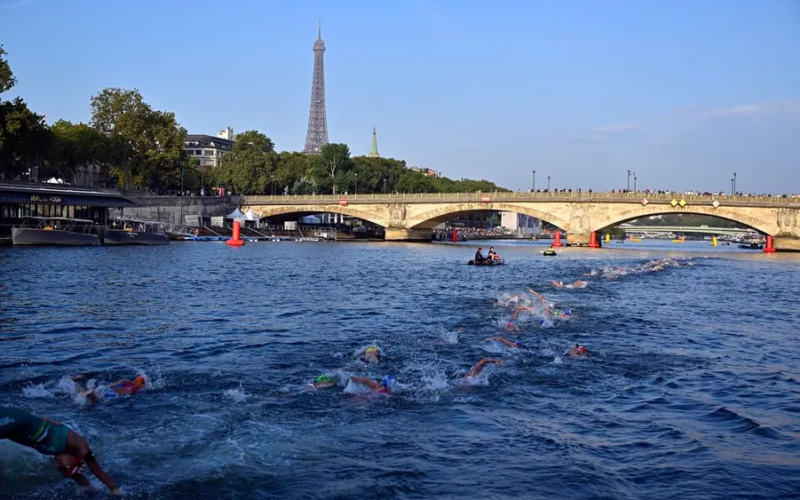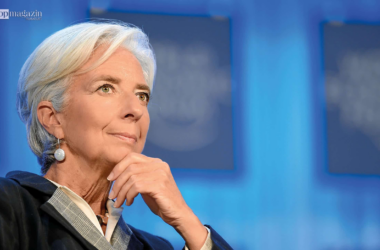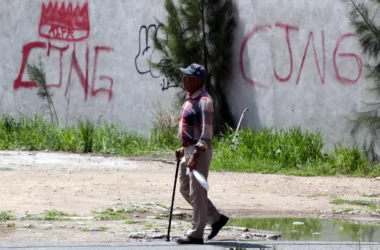The upcoming Paris 2024 Olympics are set to feature the iconic River Seine in several key events, including the marathon swimming and the swimming leg of the triathlon. However, concerns over water quality have sparked debates and meticulous preparations to ensure the safety of athletes.
Recent data from the monitoring group, comprising the State and City of Paris, indicates fluctuations in the water quality of the River Seine. Throughout June and early July, assessments revealed that the river met swimming standards on six out of nine days, a promising development amidst ongoing efforts to mitigate pollution concerns.
The decision to allow swimming hinges on stringent criteria, primarily focusing on the levels of two bacteria: E. coli and Enterococcus faecalis. European standards dictate that E. coli should not exceed 900 colony-forming units (cfu) per 100 millilitres, while the threshold for Enterococcus is set at 330 cfu/100ml.
Several factors play pivotal roles in determining water pollution levels, according to Benjamin Raigneau,
Director of Water Quality at the Paris city hall:
- Rainfall: Increased rainfall leads to higher pollution runoff.
- UV Index: Higher UV levels aid in reducing bacterial presence.
- Temperature: Warmer water temperatures accelerate bacterial decay.
- River Flow: Faster river currents generally correlate with lower pollution levels.
Efforts to improve water quality include the construction of a substantial storage basin capable of holding 46,000 cubic metres of wastewater. This initiative aims to significantly reduce pollution risks by diverting and treating rainwater before it enters the Seine.
The decision to permit swimming is a meticulous process involving daily assessments by a technical committee composed of stakeholders such as the City of Paris, Paris 2024, international federations, regional authorities, and Meteo France. Final decisions are made based on comprehensive analyses of weather conditions and water quality, ensuring athlete safety remains paramount.
Organizers have contingencies in place, including alternative competition days and refined decision-making protocols. Should the River Seine fail to meet safety standards on competition days, events will be rescheduled or relocated. The reserve site of Vaires-sur-Marne stands ready for marathon swimming, while the triathlon may be adapted into a duathlon if necessary.
As preparations for the Paris 2024 Olympics progress, the suitability of the River Seine for swimming remains a focal point. With ongoing monitoring, improvements in infrastructure, and comprehensive contingency planning, organizers are committed to ensuring a safe and successful sporting event that showcases both the beauty of Paris and the resilience of its environmental stewardship efforts.








